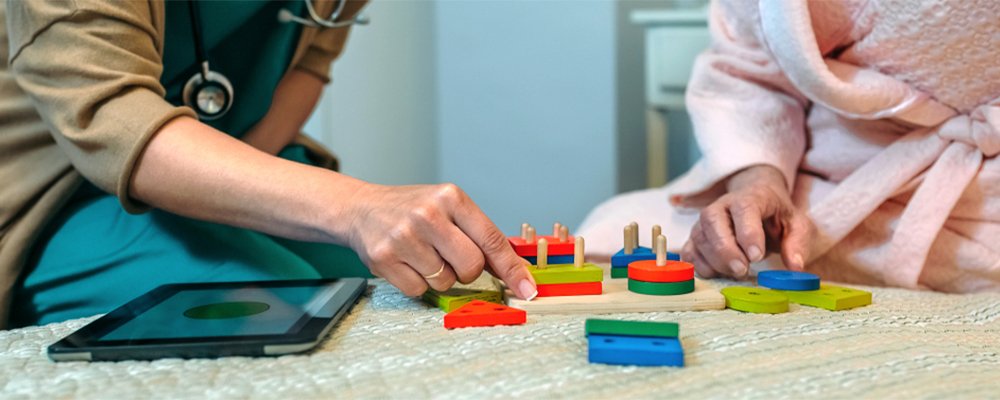Dementia damages the nerve cells in the brain so messages aren’t sent effectively to and from the brain.
This prevents the body and mind from functioning normally. Regardless of which type of dementia is diagnosed and what part of the brain is affected, each person will experience dementia in their own unique way.
Everyone with dementia is different.
The way dementia affects people in the early stages will depend on the type of dementia they have and the part of the brain that is affected.
Different parts of the brain control different abilities. In the early stages of dementia, a person’s symptoms will be noticeable and will affect their day to day life. Factors like their personality, environment and the support they receive will also affect their experience of dementia.
Dementia is one of the main causes of disability later in life
Number of people with dementia are grater than people with cancer, cardiovascular disease and stroke
The UK spends less on dementia than on cancer , cardiovascular disease and stroke
Unpaid carers supporting someone with dementia save the economy £11 billion a year
There are over 200 sub types of dementia.
Yep, that is a lot!
Here we are going to focus on the 5 most common types to save you from learning things you might not need to know.
Alzheimer’s disease
Vascular dementia
Dementia with Lewy bodies
Frontotemporal dementia
Mixed dementia
Dementia can affect a person at any age but it is more commonly diagnosed in people over the age of 65 years.
A person developing dementia before age 65 is said to have young or early onset dementia.
he symptoms of dementia tend to worsen with time.
In much later stages of dementia, people will be able to do far less for themselves and may lose much of their ability to communicate. You might come across different ways of explaining the stages of dementia depending on who has conducted the study.
Dementia is not a natural part of ageing.
If you are caring for or supporting someone who has not been diagnosed with dementia and you are concerned that they may have signs of dementia, it will be important for them to seek medical support via a GP as soon as possible. Your line manager will be able to give you appropriate support and guidance.
Being in familiar surroundings can help people to cope better with their condition.
As the symptoms of dementia will get worse over time, many people eventually require support in a care home or a nursing home that offers services for people with dementia. It is possible and encouraged, for people to remain in their own homes. However, it is recommended that their needs are assessed so they, and the people around them, are appropriately supported.
As the illness progresses, the person with dementia gradually loses their ability to communicate.
They find it more and more difficult to express themselves clearly and to understand what others say.
A person’s ability may fluctuate throughout the day. If possible, save important conversations for times when the person appears to be most alert, for example, in the morning when they are well rested and have eaten breakfast. You could take a gentle walk around the garden when they are comfortable and receptive because the environment is allowing them to use their long term memory and skills.





